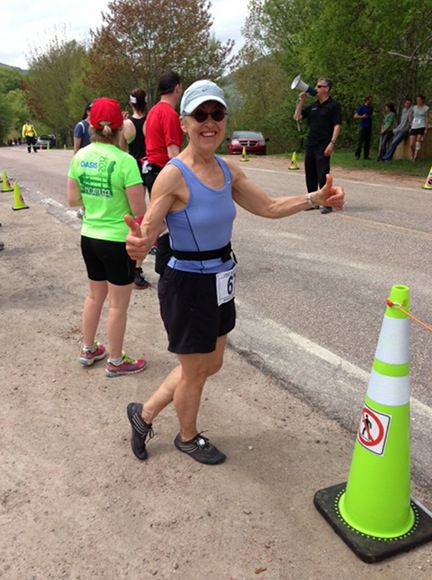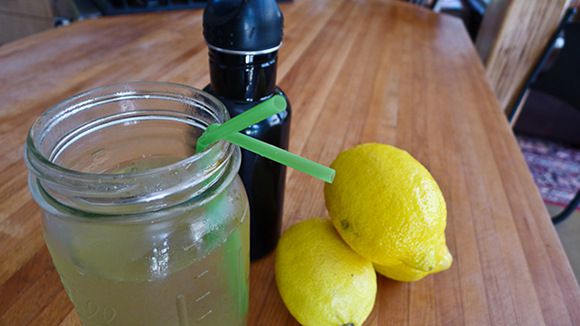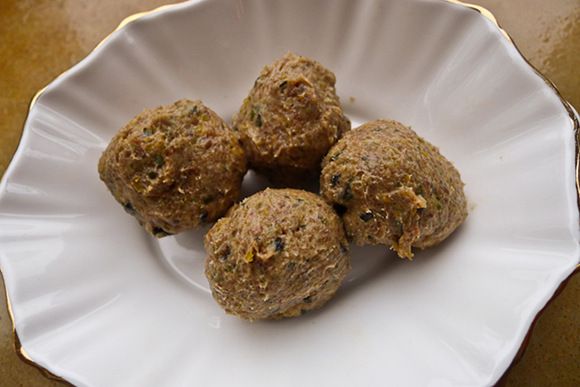This weekend I'm participating in the Cabot Trail Relay.
Yesterday I thought I better start packing:
- running shoes (two pairs of Merrell Pace Gloves – love 'em). One pair for wearing with socks, the other pair for without.
- light rain jacket, brimmed cap, wind pants (to wear while waiting for the baton), mini-stretchy gloves, buff
- water bottle carrier with water bottle (just in case)
- jar of homemade granola
- batch of homemade energy gel (currently stored in freezer). A note sitting by the shoes: remember gels.
No, this is not the extent of my gear or travel kit bag, but definitely the important stuff I do want to bring along.
I'm on for stage five, 17.5K of a 276K relay race, a “longer haul” distance, somewhere between short, fast and furious, and long and enduring. All three have been part of my running experience of the past fifteen-plus years.

Adding to my average winter weekly base of 20-25K, training for this event has been a loosely planned program. Running about three times/week. A mix of 5K faster stuff, and 8-10K with an optional mid-section at race pace, and a weekend long run, which has graduated up to16K.
Preparing for this "longer-haul" distance includes several factors, of which nutrition is key.
The Big picture
- Life style plan: eat nutrient-dense food. Real food, not processed or refined products.
- Quality protein (animal and/or plant), carbs (veggies, fruit, whole grains), and healthy fats.
- Eat to run, not run to eat. Fuel for health.
The Specifics
- Eat mostly alkaline foods (veggies, leafy greens – not sugars!) to reduce inflammation.
- Pre-race carb-loading? Why not try a whack of veggies, scoop of brown rice, lean protein or beans/lentils.
Race Morning
- Breakfast: vital to restore glycogen stores used up during the night, and re-hydrate with water.
- Eat mostly carbs with small amount of protein to help avoid premature blood sugar surge.
- Recipe: Karen's Loaded Granola

Intake on the run
- Water: running beyond 60-90 minutes? Add electrolytes and natural sugars.
- Make your own sports drink or choose commercial products carefully (i.e. read labels).
- Dates, dried apricots, half a banana - make your own energy gel. Know what you're eating.
- Going an “ultra” distance? Try little baked potatoes: a slow-release, high glycemic index food.
- Recipe: Karen's Electorlyte Replacement Drink
- Recipe: Karen's Energy Gel
Recovery food
- Seize the post-race 45-90 minute window for nutrient replacement.
- A whole grain carb plus a fruit equals a good mix of fast and slow release sugars.
- Protein: to repair and replace muscle tissue, i.e. nuts, eggs, cheese, yogurt.
Bring the "food comforts" of home
- Usually eat oats for breakfast? Bring sugar-free "instant" oatmeal, or your own granola.
- Bring fruit, favourite unsweetened nut butter, whole grain bread, or maybe even rhubarb crisp.
Staying injury-free
- Listen to your body's signals. You could need a rest day, even if it's not in your training plan.
- Move forward in your training at your pace, not your running partner's.
- Use your will power muscle as to “when to go” and, equally, “when to hold".
- Wear gear that's right for your body – minimalist shoes were a solution for me!
- Get enough sleep!
Attitude
- Focus on ground you've covered to motivate and inspire you. Visualize your finish line.
- Fill your inner well with truth: past commendations, successes, what is working for you.
- Remember perspective. It doesn't matter what you are: athlete, musician, technician, writer – you will "perform" better than others and somebody will be better than you. Always.
- With your toe at the line, training is done, what you ate or did not is past. Just. Go. For. It.

That quick 5K weekly run? I think I hear the start gun.
After that, it's time to finish packing. Running shorts, tights, two shirt options. This trip will be an overnighter, so had better throw in a toothbrush and pyjamas too.
Are you a “longer-haul” runner? Do you have whole food nutrition tips?
